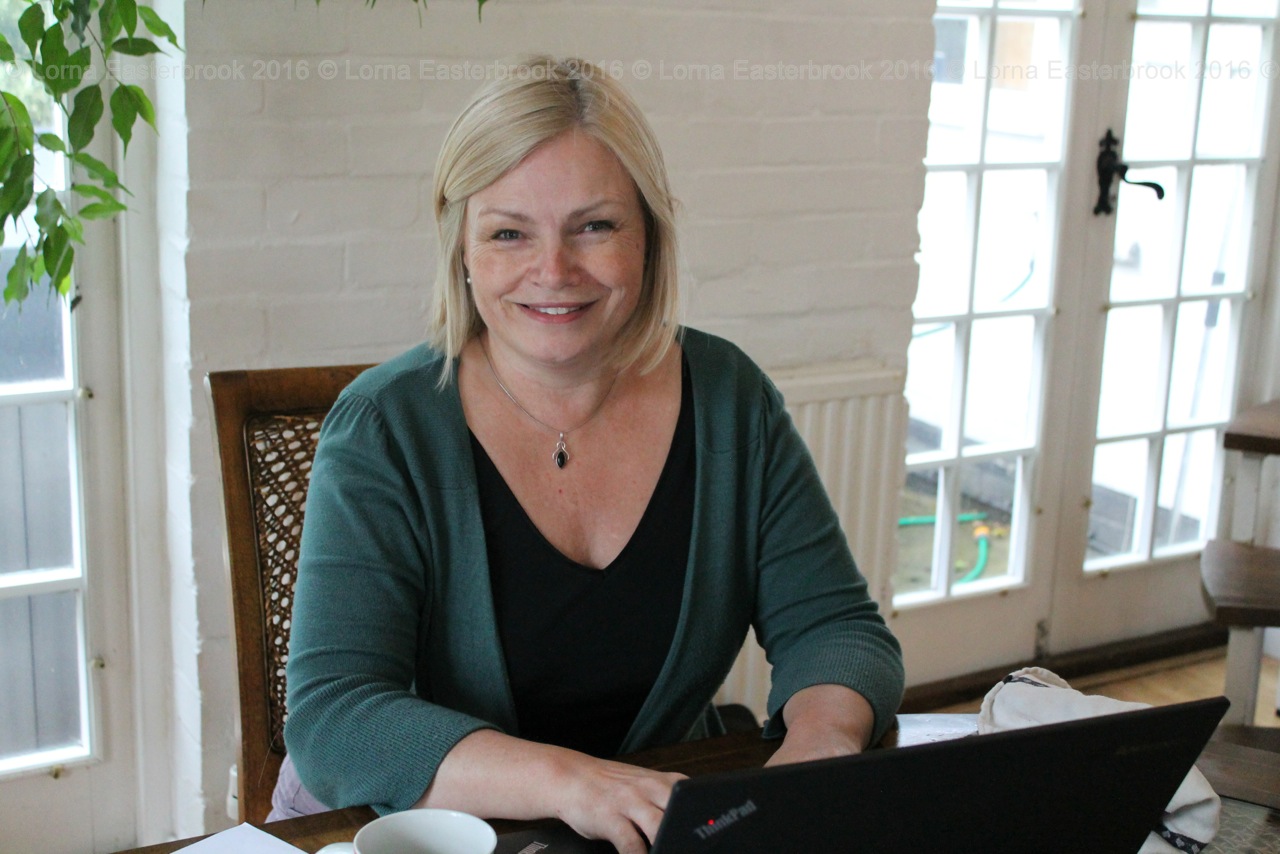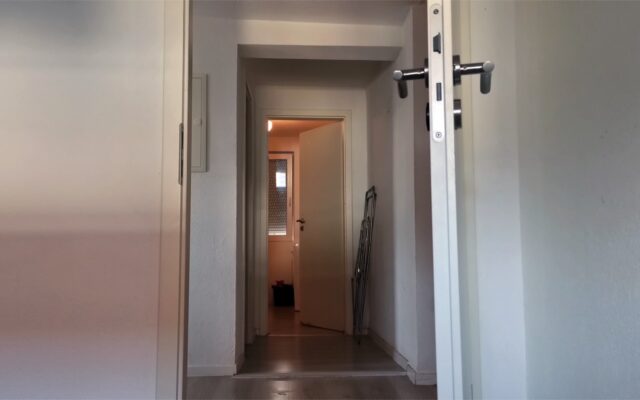The law on deprivation of liberty is “in a state of serious confusion”
The failure of councils to make court applications for deprivation of liberty cases could leave them open to claims for damages and legal costs.
But research by Community Care magazine found councils made only 1.6 per cent of court applications adjudged necessary since the ‘Cheshire West’ ruling in March 2014.
The ruling by the Supreme Court means that councils are expected to assess the placements of people living in the community to identify whether they are potentially being deprived of their liberty and, if so, to seek authorisation for this from the Court of Protection.
The number of applications is thought to be an under-estimate. One local authority that identified 90 ‘high priority’ cases likely to require authorisation due to risk or conflict around the placement had only made eight applications.
Meanwhile, a Court of Protection judge has made a second call for the Supreme Court to reconsider its Cheshire West ruling to deal with “serious confusion” in the law on deprivation of liberty.
In a series of judgments Mr Justice Mostyn has questioned the applicability of the ruling to people receiving care in their own home.
The acid test
The Supreme Court’s famous ‘acid test’ in P v Cheshire West and Chester Council and P&Q v Surrey County Council stated that a person was deprived of their liberty under Article 5 of the European Convention on Human Rights if:
- they lacked the capacity to consent to their care arrangements;
- they were under continuous supervision and control;
- they were not free to leave the place they were in; and
- their confinement was the responsibility of the state.
These provisions applied whether a person was in a care home or hospital – and thus eligible for the Deprivation of Liberty Safeguards – or receiving care in their own home or a community placement, for example in supported living.
In the latest case of Bournemouth BC v PS and DS, Mr Justice Mostyn ruled that a man with autism and associated challenging behaviour – known as ‘Ben’ – was not deprived of his liberty in the bungalow in which he received round-the-clock care from staff. The judge ruled that Ben was not under continuous supervision because his carers afforded him ‘appreciable privacy’ and he was free to leave because, if he did go, his carers would seek to persuade him to return rather than coerce him. If he refused, a Mental Health Act assessment would be considered and if this proved unsuccessful the police would be asked to exercise their powers under section 136 of the Mental Health Act to remove him to a place of safety. Mr Justice Mostyn said that unless and until this happened, “Ben is a free man”.
Resource implications
But in his ruling, Mr Justice Mostyn said the resource implications of local authorities bringing such cases was “staggering”, despite the introduction of a streamlined procedure by the Court of Protection – under an amendment to its rules – to deal with them.
Concluding his judgment in Ben’s case, he said: “In the light of the decision of the Supreme Court local authorities have to err on the side of caution and bring every case, however borderline, before the court. For if they do not, and a case is later found to be one of deprivation of liberty, there may be heavy damages claims (and lawyers’ costs) to pay.
“In this difficult and sensitive area, where people are being looked after in their own homes at the state’s expense, the law is now in a state of serious confusion,” Mr Justice Mostyn added.
Unless and until the Supreme Court consider another deprivation of liberty case, the Cheshire West judgment will stand. But, the judge’s rulings expose a disagreement within the judiciary about how the law should be applied, potentially creating confusion for practitioners.





